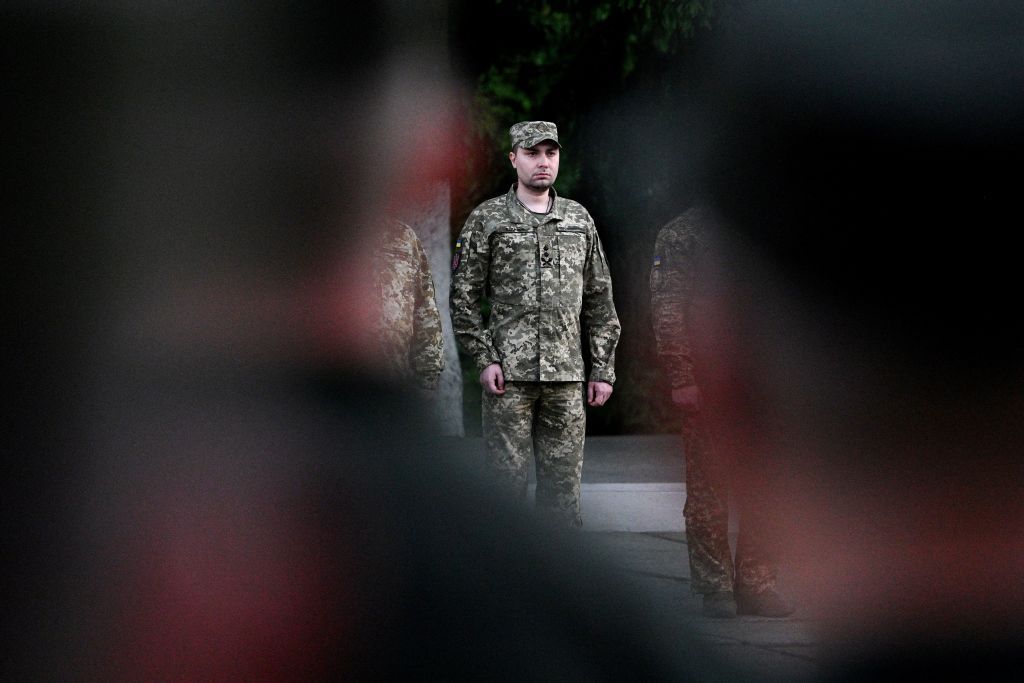Stoltenberg: Ukraine's ability to implement reforms during war is impressive

NATO Secretary General Jens Stoltenberg said during a press conference in Brussels on Nov. 29 that he was impressed by the pace of Ukraine's reforms, as well as the commitment of the Ukrainian government and people to implement them in the midst of the full-scale war.
"(Ukraine has) made concrete changes, not least in the fight against (corruption)," he said, adding that these steps help the country "to move closer to NATO membership."
The comments came during a meeting of NATO foreign ministers, which was also attended by Ukraine's Foreign Minister, Dmytro Kuleba.
Stoltenberg expressed his optimism about Ukraine's progress on the battlefield, and although he acknowledged the lack of significant territorial gains in 2023, he declined to address the term "stalemate" used by reporters. Instead, he emphasized Ukraine's increasing ability to conduct deep strikes on Russian targets far behind the front, as well as pushing Russia's Black Sea Fleet "all the way to Novorossiysk."
Repeated Ukrainian attacks on Russia's Black Sea Fleet have caused the "functional defeat" of the Russian navy operating in the region, U.K. Armed Forces Minister James Heappey said on Oct. 3.
Stoltenberg also echoed the estimates of Russian losses cited by the General Staff of Ukraine's Armed Forces, saying that Russia has suffered more than 300,000 casualties.
In terms of the international picture, he said that Russia has lost a significant amount of its influence abroad and is gradually becoming more economically dependent on China. "Year by year, Moscow is mortgaging its future to Beijing."
Stoltenberg cautioned that the West should not "underestimate Russia," in part because Russia has increasingly switched its economy to that of a country fully at war, and also because (Russian dictator Vladimir) Putin has a high tolerance for casualties."
There will likely be no easy victory on the battlefield, he said. Although the future provision of F-16 fighter jets will help Ukrainian forces, neither they nor any other single Western weapon will likely prove to be a "silver bullet" that "will change fundamentally the situation on the battlefield."












